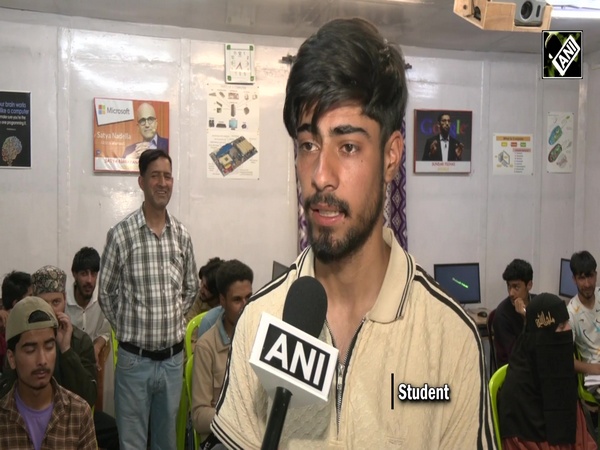Baloch American Congress President highlights locals' resilience in response to foreign investment in Gwadar
Oct 15, 2024

Quetta [Balochistan], October 15 : Amidst the Pakistan-China alliance, the exploitation of Balochistan has emerged as a significant concern for human rights advocates. The region's abundant resources and strategic position have attracted considerable attention from both nations, frequently sidelining the needs and rights of the local population.
In a recent post on X, Dr. Tara Chand, President of the Baloch American Congress, highlighted that the Baloch people are resilient and determined, suggesting that any attempts to control or exploit their land will face significant opposition.
He stated, "Prime Minister Shehbaz Sharif and Chinese Premier Li Qiang must understand that occupying the land of the Baloch nation, known as Balochistan, is no easy task. The spirit and resilience of its people are unmatched, as shown by both of you sitting away from Gwadar while inaugurating the airport."
https://x.com/drtchand/status/1845876823642493221?t=D9oo3BU_I_uu61nQF_vyCA&s=08
Chand's reaction followed a ceremony attended by Chinese Premier Li Qiang during his visit to Pakistan, where he inaugurated a Beijing-funded airport in Gwadar, a region known for its volatility, as Chinese interests are frequently targeted by separatist groups. Chand's comments reflect the ongoing tensions surrounding foreign investment in Balochistan and the local population's struggle for recognition and rights.
As the Pakistani government continues to foster ties with China, the Baloch people remain vigilant, asserting their right to self-determination and a voice in the future of their land. Many Baloch activists argue that such projects do not benefit the local community but rather serve external powers and their own agendas. They fear that the influx of foreign investment will exacerbate existing inequalities and lead to further marginalisation of the Baloch people.
Balochistan faces several ongoing issues deeply rooted in its historical, political, and socio-economic context. The region is marked by reports of enforced disappearances, extrajudicial killings, and torture by state security forces. Activists and journalists who speak out against these abuses often face intimidation and harassment. The Baloch people frequently feel excluded from political power and decision-making processes. Many local leaders advocate for greater autonomy and self-determination to address these grievances.
Despite its wealth, Balochistan is one of the poorest provinces in Pakistan. The lack of infrastructure, education, and healthcare services significantly hampers economic growth and diminishes the quality of life for residents. Armed separatist movements have emerged in response to grievances over autonomy and resource distribution. This violence frequently leads to clashes with state forces, perpetuating a cycle of conflict and instability.


















